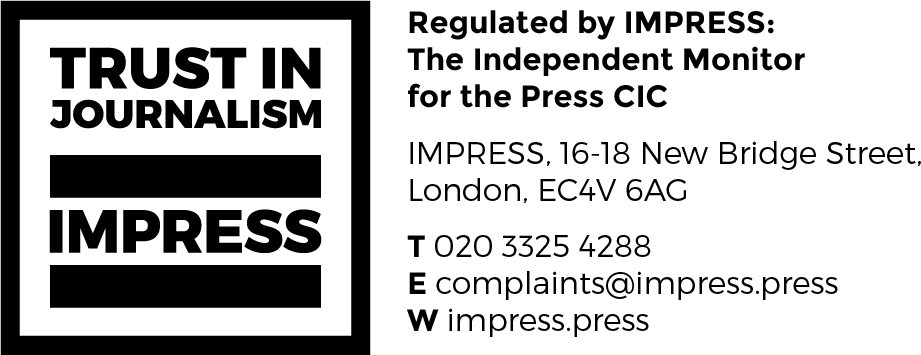Sanctioned but still spending: France and Spain accept Russian cash

Russian owners of detained superyachts are continuing to pay for maintenance services in France and Spain, despite being on sanctioned lists.
Most owners whose vessels have been frozen are still paying for their superyacht’s maintenance, crew, docking and insurance fees, according to a Reuters report.
Typically, sanctioned individuals cannot make financial transactions in jurisdictions where they are sanctioned. However, the Spanish and French governments are reportedly authorising payments for the upkeep of the vessels currently under arrest.
According to James Jaffa, founder of law firm Jaffa & Co, payments can be made legally when there is no benefit to the sanctioned individual.
“There have been instances where you can apply for a licence to make payments as a sanctioned person or on behalf of the sanctioned individual,” he tells Superyacht Investor. “For instance, to pay crew or maintenance facilities. But this is not for the benefit of the sanctioned individual. This is for the people working on the vessel.”
There are other ways to accept payments from individuals too. In Spain, a law passed in 2014 following Russia’s annexation of Crimea allows sanctioned individuals to make essential payments for the upkeep of assets. Six vessels have been frozen in the country since Russia invaded Ukraine in February.
The owners of Crescent and Lady Anastasia, have both been making payments for docking, utility fees and a skeleton crew, according to port management company Ocibar. The vessels are moored in Tarragona and Mallorca respectively.
The French government has also frozen five yachts. Superyacht Investor understands that one of the vessels seized in France is 280ft (85m) Amore Vero, owned by Rosneft CEO Igor Sechin.
Through a similar 2014 EU law that allows payments for the maintenance of frozen property, Alexey Kuzmichev, the sanctioned shareholder of Russia’s Alfa Bank, has reportedly been paying for the maintenance of two frozen vessels, La Petite Ourse and La Petite Ourse II, in Antibes and Cannes.
According to the Official Journal of the European Union (March 15th 2022), “[Kuzmichev] is considered one of the most influential people in Russia” and has “well-established ties” to president Putin.
Earlier this month, he won a legal dispute when a French court ordered the country’s customs agency to release The Little Bear due to procedural errors made during the seizure of the vessel. The Paris Appeals court also ordered that French customs pay the oligarch €10,000 in compensation.
A court in Rouen, France, will decide the fate of La Petite Ourse II in the coming weeks.
The payments may seem to undermine the purpose of sanctions. In March, Spain’s prime minister, Pedro Sanchez vowed to hit Putin’s allies “decisively” and “hard” after detaining a vessel. Other countries, including the US, pledged to sell seized vessels and use the proceeds to aid the war in Ukraine and for humanitarian relief.
But these payments are not for the benefit of the owner of the vessel. “The purpose of the sanctions is to deprive the sanctioned person of the benefit of their money,” says Jaffa.
“The purpose of making these payments will be for the benefit of somebody else like crew members who need to pay their mortgage and they need to pay for the clothes on their children’s backs. Not so the oligarch.”
Currently, only one yacht related to a sanctioned individual has been sold. This was due to the sanctioned owner of the Axioma being unable to repay JP Morgan, rather than a government selling the vessel for Ukraine’s benefit.
The yacht was detained by Gibraltarian authorities after a legal claim from JP Morgan, which said the owner’s holding company, Pyrene Investments, owed it more than $20m.
It appears that the decision to “freeze” instead of “seize” the vessels allows owners to all but actively use the vessels. It also means that sanctioned Russians are responsible for running costs rather than becoming a burden to the state and preventing non-sanctioned individuals from losing their livelihoods.
Earlier this year, Bob Allen of Robert Allen Law and Robb Maass of Alley, Maass, Rogers & Lindsay warned that seizures relating to sanctions would prove unworkable. “The reality is, however, is that we [the west] have imposed sanctions and seized assets to bring peace to Ukraine and that is yet to happen,” said Maass.
What we know so far: seized superyachts (in Spain and France) – at a glance
Tango
Owner: Viktor Vekselberg, owner and president, Renova Group (conglomerate with interests in aluminium, oil, energy, and telecoms)
Sanctioned: March 11th; By UK, US
Seized: Mallorca, Spain, April 4th
Size: 255ft (78m)
Valerie
Owner: Sergey Chemezov, CEO Rostec (military hardware manufacturer), ex-KGB
Sanctioned: April 28th; By EU, UK, US
Seized: Barcelona, Spain, March 14th
Size: 279 ft (85m)
Lady Anastasia
Owner: Alexander Mikheyev, CEO, Rosoboronexport (state-owned defence imports/exports), ex-KGB,
Sanctioned: March 15th; By EU, UK, US
Seized: Mallorca, Spain, March 15th
Size: 157ft (48m)
Crescent
Owner: Igor Sechin, CEO, Rosneft (gas and oil company)
Sanctioned: February 28th; By EU, UK, US
Seized: Tarragona, Spain, March 16th
Size: 443ft (135m)
Amore Vero
Owner: Igor Sechin, CEO, Rosneft (gas and oil company)
Sanctioned: February 28th; By EU, UK, US
Seized: La Ciotat France, March 2nd
Size: 280ft (85m)
La Petite Ourse
Owner: Alexey Kuzmichev, co-founder of Russia’s largest private bank – Alfa-Bank
Sanctioned: March 15th, By EU, UK
Seized: Cannes, France, March 16th
Size: 56ft (17m)
La Petite Ourse II
Owner: Alexey Kuzmichev
Sanctioned: March 15th, By EU, UK
Seized: Antibes, France, March 21st
Size: 85ft (26m)

